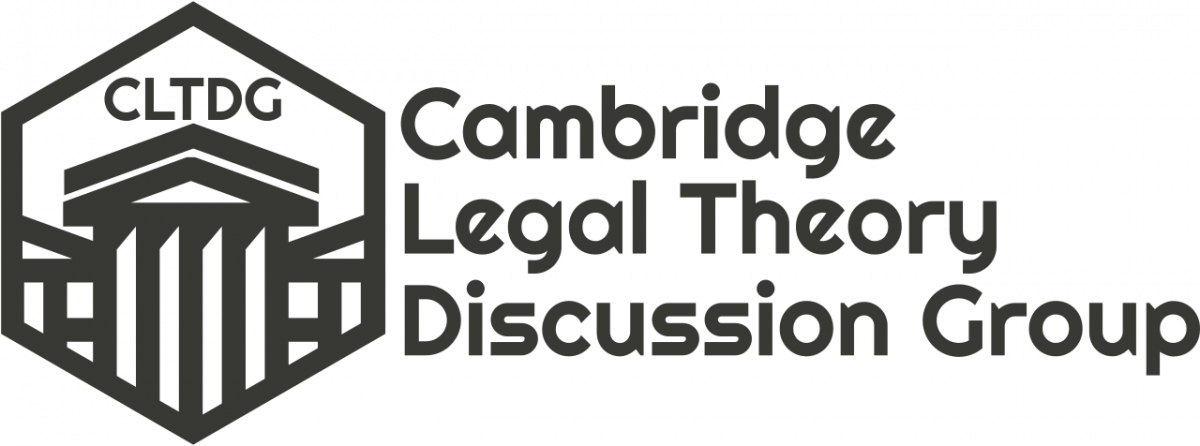 Speaker: Nathan Van Wees (Oxford)
Speaker: Nathan Van Wees (Oxford)
Abstract: Can we explain why (and how) judges follow precedent just by looking at their moral reasons? I think so. My paper gives an account of those reasons, and their limitations. I argue that moral agency attaches to a judge’s office. If two judges inhabit the same office, they share the moral commitments of that office. As a result, what Judge A did in the past affects what Judge B ought to do now. In the case of judges in the same court, however, these moral commitments are relatively weak: getting things right is more important than following precedent.
Things are different when judges sit in different courts, however. Courts are arranged hierarchically, and lower courts have strong moral reasons to follow decisions made above them. But this is not because higher courts are more likely to get things right. Rather, arranging courts hierarchically allows the judicial system as a whole to respond to diverse moral values. That is why we set up court hierarchies in the way we do, and why judges are more strictly bound by superior court decisions. My argument departs from others who explain precedent in moral terms. I reject Mark Greenberg’s reliance on the idea that like cases should be treated alike, for example, and Ronald Dworkin’s reliance on integrity. This avoids some problems faced by those accounts. I also explain (contrary to positivist critiques) how a focus on moral reasons can account for the difference between the ratio of a case and mere obiter.
You can follow us on Twitter: https://bit.ly/cambridgeltdg or check out our web-page: https://bit.ly/cltdgweb
Subscribe to our mailing-list for getting regular updates and session materials: https://bit.ly/cltdgmaillist

 Facebook
Facebook  X/Twitter
X/Twitter  Instagram
Instagram  YouTube
YouTube  Flickr
Flickr  LinkedIn
LinkedIn